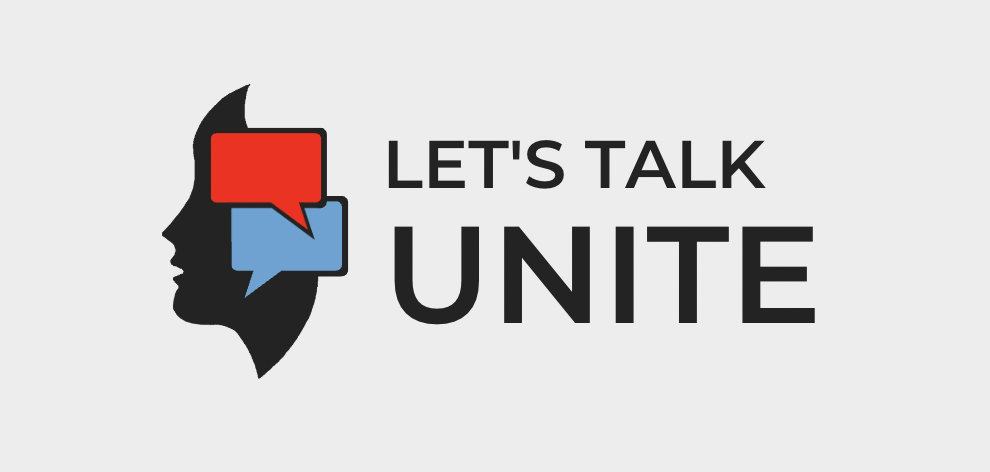I turn 18 years old this fall. Alongside many other young people across America, the 2024 elections will be the first time that I am eligible to vote. Ever since I was a kid, I eagerly awaited the chance to drop my very own ballot into a box and play my role as a tiny gear in the vast engine of democracy. And in today’s political climate, partisan allegiances have become closely linked to issues like abortion, climate change, and gun control. As a result, elections don’t just determine who sits in the Oval Office; they can also enact tangible and consequential change in our everyday lives.
Given this, I was both shocked and disturbed to learn that voter turnout among young Americans has been disproportionately low in past elections. For example, U.S. Census data revealed that only 31.2 percent of eligible 18-29 year-olds exercised their right to vote in the 2022 midterm elections—a stark disparity when compared to the overall turnout rate of 52.2 percent. While youth participation has improved in recent decades, it is still nowhere near ideal.
U.S. Census data revealed that only 31.2 percent of eligible 18-29 year-olds exercised their right to vote in the 2022 midterm elections—a stark disparity when compared to the overall turnout rate of 52.2 percent.
These statistics baffled me. Young people have historically been the face of political and social activism. In the 1960s, a group of Black university students—later referred to as the “Greensboro Four”—organized sit-ins in Greensboro, North Carolina, to protest racial segregation, eventually leading an entire department store chain to remove its segregative policies. More recently, younger generations have spearheaded the battle against gun violence and spread awareness for the Black Lives Matter movement through social media. Young voices hold immense power in the American political system. By 2028, Generation Z and millennials are predicted to constitute a majority of eligible voters, according to the Brookings Institution. They will make up over 60 percent of the voting population by 2036. Furthermore, younger generations lean heavily Democratic. With a whopping 77 percent of Gen Z voters choosing Democrats in the 2022 midterms, compared to just 37 percent of Silent Generation voters, it is evident that young voters possess the potential to steer the nation toward more progressive policies. Yet, if youth are clearly more inclined to express their opinions and fight for their beliefs in many aspects, why hasn’t that momentum carried over to Election Day?
As I researched, a disheartening but logical picture began to take shape. In a 2020 New York Times article, writer Alexandria Symonds hypothesized that young people simply haven’t yet formed the habit of voting. As people observe those around them voting and start reinforcing the habit themselves, turnout will increase over time. On a more systemic level, Symonds writes that young people are often in less stable financial situations or have less flexible working schedules, making it more difficult for them to take the time to vote. In my own experience, I recall feeling intimidated by the arduous process of pre-registering to vote, which included filling out a lengthy form. While these barriers may appear minor, they could prove detrimental in discouraging newly-eligible voters from taking the first steps toward civic participation.
All hope is not lost, however. Thanks to tools like social media, it is now easier than ever to reach younger audiences and channel their political enthusiasm into real-world change. For example, the nonprofit HeadCount partners with popular musicians like Ariana Grande and Harry Styles to encourage fans to take action—they have registered over 1.2 million voters since their founding in 2004. Social media also promotes the dissemination and accessibility of information about voting processes, candidates, and ballot measures, making it easier for voters to make informed decisions.
In the age of alarming political polarization, it is no longer enough to simply talk the talk. With our planet, our rights, and our bodies at stake, forgoing your civic duty to vote is not only ignorant but also dangerous. The time has come to realize our potential as a political force and build a world that aligns with our values and sets the stage for generations to come. After all, it’s our future; let’s take control of it.
Owen Yeh-Lee is a rising senior at The Nueva School, where he is the Features editor of the school newspaper and the music director of the a cappella group. In his free time, he enjoys singing and writing/producing his own music.

